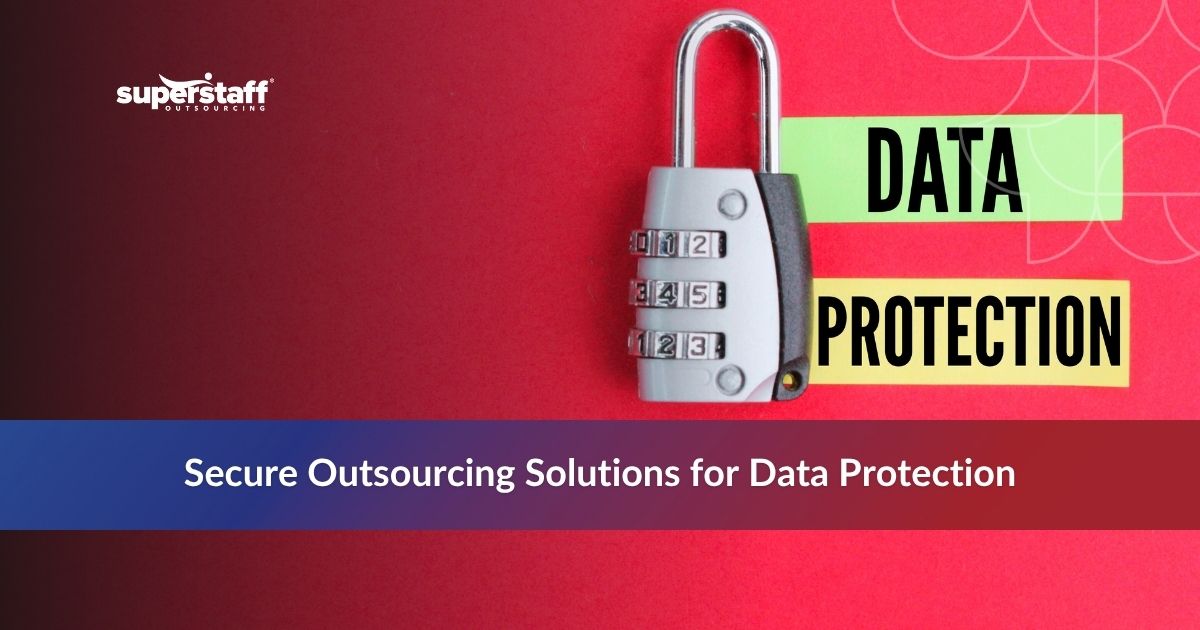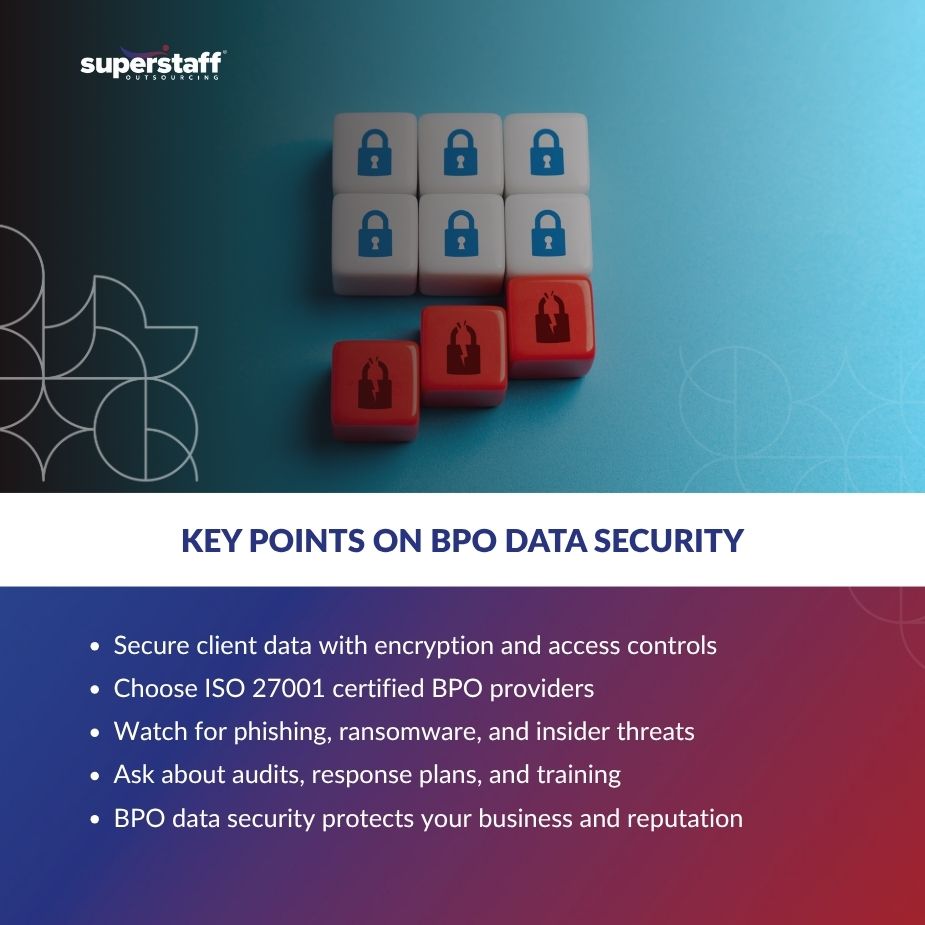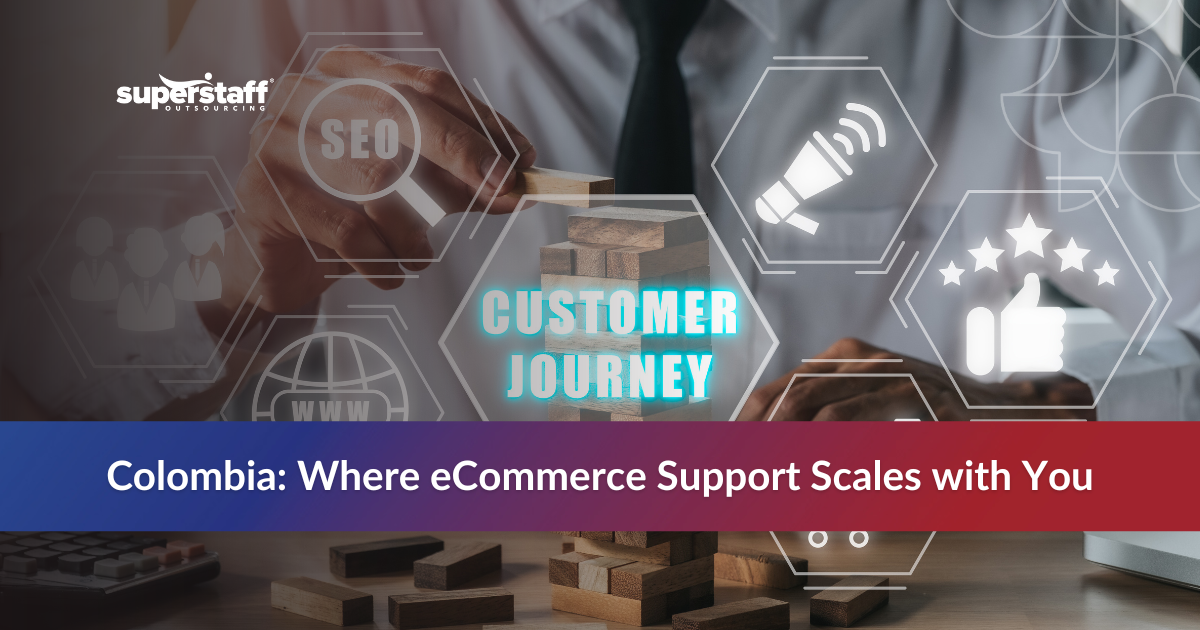
As companies look to stay efficient and cost-effective, outsourcing continues to be a practical choice. Business process outsourcing (BPO) offers a way to streamline operations, but it also brings up an important issue: data security. When a third-party handles your information, the risk of exposure increases. This is why BPO data security is a top priority for businesses that want to protect their operations, customers, and reputation.
Reliable service providers understand the weight of that responsibility. The best ones do not just manage tasks; they actively secure the information you trust them with.
What Is BPO Data Security?
BPO data security refers to the systems and protocols that outsourcing companies use to protect the sensitive data of their clients. These include security policies, encryption tools, access controls, and staff training. A solid security framework ensures that your data is safe during processing, transfer, and storage.
1. What Types of Data Are at Risk?
- Customer contact information
- Financial records
- Health-related data
- Employee files
- Business plans and reports
These data types are valuable targets for cybercriminals. That is why BPO companies must treat security as a non-negotiable responsibility.
2. Key Components of a BPO Security Framework
- Firewalls and intrusion detection systems
- Role-based access control
- Data encryption for both storage and transmission
- Employee background checks and training
- Secure workstations and network segmentation
Each of these elements plays a role in strengthening BPO data security.

Why BPO Data Security Matters for Your Business
When you outsource, you share business and client information with a third party. Without proper safeguards, this information can fall into the wrong hands. That risk can affect your operations and your relationship with your customers.
1. Trust and Reputation
Even a small data breach can damage your credibility. Customers expect their data to be handled with care, and they may leave if they feel that trust is broken.
2. Compliance with Global Standards
Many industries must follow strict data rules. A good BPO partner understands these rules and helps you stay compliant. This is especially important for health, finance, and retail sectors.
3. Avoiding Financial Loss
The cost of a data breach is more than lost files. You may face legal fines, lost business, and expensive system repairs. Strong BPO data security helps reduce that risk.
How BPO Providers Keep Data Safe
Responsible providers take active steps to ensure their systems and people are prepared. Here’s how BPO protects client data:
1. Staff Training and Access Controls
Employees are often the first line of defense. BPO companies:
- Train staff to recognize threats
- Set clear policies for data access
- Use logins, passwords, and access logs
2. Secure Infrastructure
Reliable providers invest in security tools. These include:
- Antivirus programs and endpoint protection
- Firewalls and intrusion alerts
- Encrypted data storage
3. Process-Based Controls
Having procedures in place ensures consistency:
- Secure file transfer protocols
- Regular audits and risk reviews
- Incident response plans
A strong internal process is key to effective BPO data security.
Standards That Define Secure BPO Companies
Not all BPO companies follow the same rules. One clear way to know you are working with a secure vendor is by looking at certifications.
An ISO 27001 certified BPO provider follows international standards for information security management.
SOC 2 compliance is another indicator of strong internal controls.
Some BPOs also meet HIPAA or PCI DSS standards depending on the client base they serve.
These standards give you confidence that the provider has been tested and evaluated.
What to Ask Before Choosing a BPO Provider
If you are considering outsourcing, it is smart to evaluate the security measures of each vendor. Here are questions to help guide your decision:
1. What certifications do you hold?
Look for verified credentials like ISO 27001.
2. How do you train your staff on data security?
Ask for details about their employee onboarding and training programs.
3. What happens if there is a security incident?
The provider should have a documented response plan.
4. How is client data stored and protected?
They should mention encryption, backups, and access limitations.
5. Do you perform regular audits?
Routine audits show that they are constantly reviewing and improving their systems.
These steps help ensure your provider takes BPO data security seriously.
Common BPO Cybersecurity Threats
BPO companies face unique risks due to the volume and type of data they manage. Understanding these threats is part of building a strong defense.
- Phishing attacks that target employees
- Ransomware that locks down data and demands payment
- Insider threats from staff with access to sensitive information
- Data theft during transmission if not encrypted
Providers that offer comprehensive BPO cybersecurity solutions will have tools and plans in place to deal with these problems.
Signs of a Secure BPO Partner
Not all vendors offer the same level of protection. Look for:
- Transparent security policies
- Dedicated security teams
- Strong references or case studies
- Clear communication about risk and responsibility
A secure provider not only protects your data but also keeps you informed and involved in the process.
Make Security Part of Your Outsourcing Plan
BPO data security is not just an add-on. It is a core part of successful outsourcing. From customer data to internal reports, your information is valuable and must be protected. Knowing how BPO protects client data can help you choose partners that support long-term success.
Working with an ISO 27001 certified BPO provider gives you peace of mind. With strong systems, regular audits, and trained staff, your business is in better hands.
If you are ready to explore outsourcing but want to keep your data safe, make BPO data security a top requirement. Look for providers with proven experience in BPO cybersecurity and ask the right questions before signing any deal.
A good provider does not just deliver results. They help secure your future too. Prioritizing BPO data security allows your business to grow without putting your information at risk.






